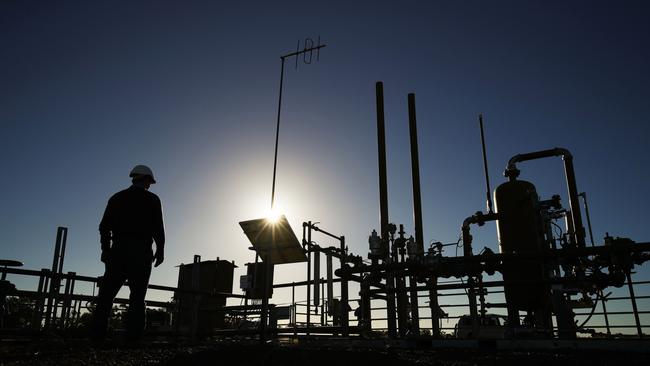
The aim of the framework is to provide a green-ratings system to “help drive capital into activities that will decarbonise the economy at the speed and scale required to reach our global climate goals”. This reckless proposal clearly demonstrates two things: the danger of top-down meddling and the fact the Albanese government’s right hand doesn’t know what the left hand is doing.
It also underscores the complete failure to understand how the gas industry works – it’s not just a matter of flicking some switch and expecting there to be more gas on hand. The industry requires continuous licks of capital; geology is always uncertain; there is a long lead time between discovery and availability, and; expensive infrastructure is required which also takes a long time to complete.
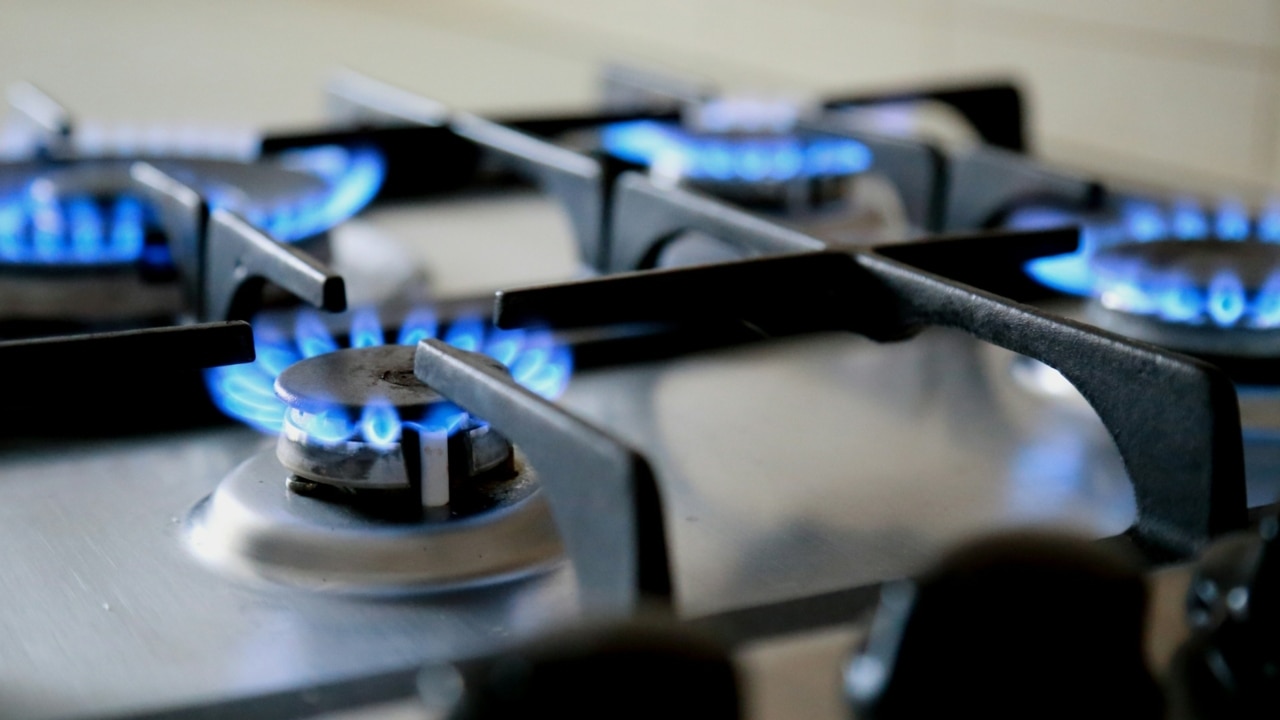
Having turned their back on gas when assuming office, both Prime Minister Anthony Albanese and Climate Change and Energy Minister Chris Bowen have reluctantly had to concede it must provide a central role in supplying firming capacity in an electricity grid dominated by renewable energy.
Mind you, the Albanese government had no hesitation in cancelling the Coalition’s Gas Infrastructure Scheme that would have provided funds to unblock some of the impediments to securing more gas along the east coast – pipelines and storage facilities, in particular. Even the deep green-tinged Australian Energy Market Operator is planning for an additional 13 gigawatts of gas-fired electricity in the east coast grid heading towards 2050. This will involve at least 26 new gas plants and perhaps more (500MW is a decent-sized plant). Where the gas will actually come from is not answered by the AEMO, nor its likely price.
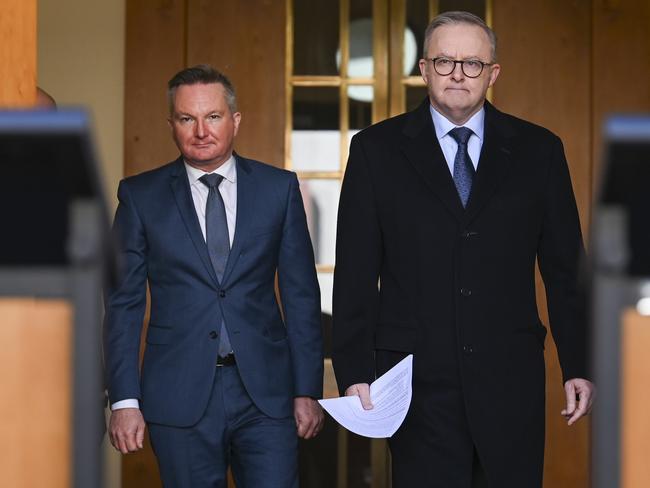
But clearly the sustainability guideline developers think they know better and have decided “gas firming has an uncertain role in the 2050 economy”. Bear in mind here that the AEMO has much more expertise in this matter than the folk down at the Australian Sustainable Finance Institute, which was tasked with developing the guidelines.
The developers of the draft framework are also naively unaware of developments related to the gas industry overseas. It is going like the clappers in the US and the domestic price of gas is close to historic lows, particularly as a result of a drilling boom around the Gulf of Mexico. This is feeding into the resurgence of manufacturing in parts of the US.
The EU also did an about-turn by including gas in its list of sustainable fuels, although there are conditions attached to its description as such. However, these conditions may be changed in due course. The real danger with these sorts of madcap proposals is that ESG automaton-managers will drop gas as an investment because their internal rules will prevent them doing so. This will be completely unrelated to the economic benefits of the gas industry or its vital role in stabilising the electricity grid. It has absolutely nothing to do with “greenwashing”, a term used to describe companies claiming to be greener than they are. Once upon a time, Treasury would have railed against this sort of damaging intervention and advised the Treasurer to steer well clear. But these days, Treasury is full of green activists keen to advocate for any measure that promotes decarbonisation, irrespective of the economic cost.


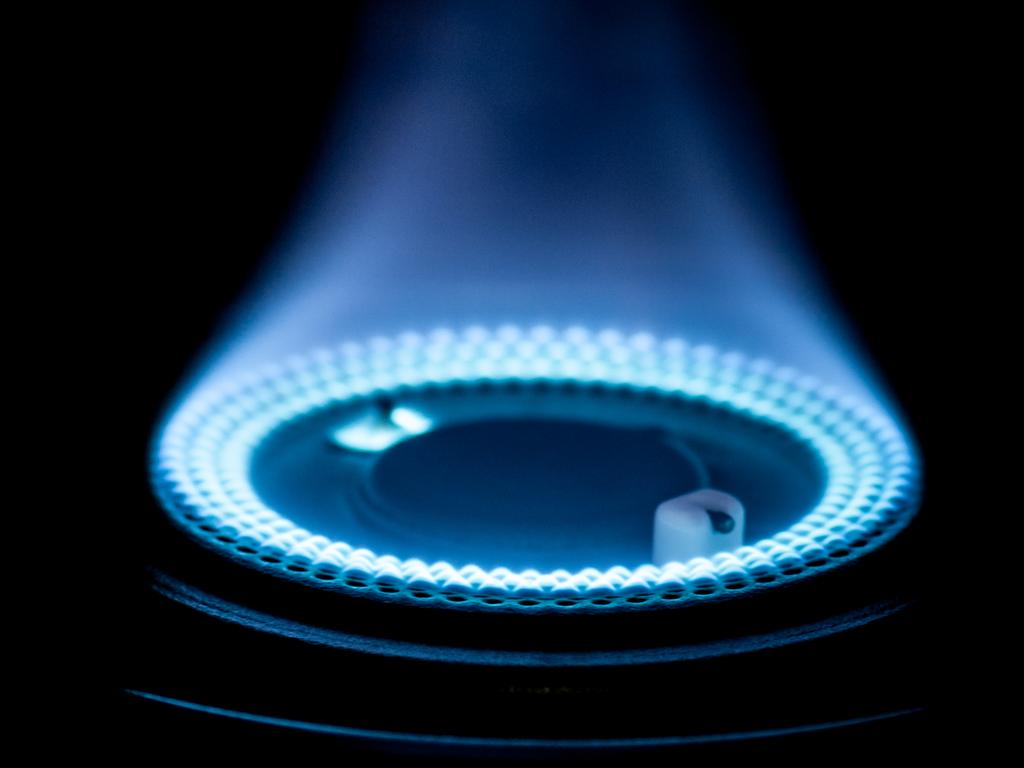

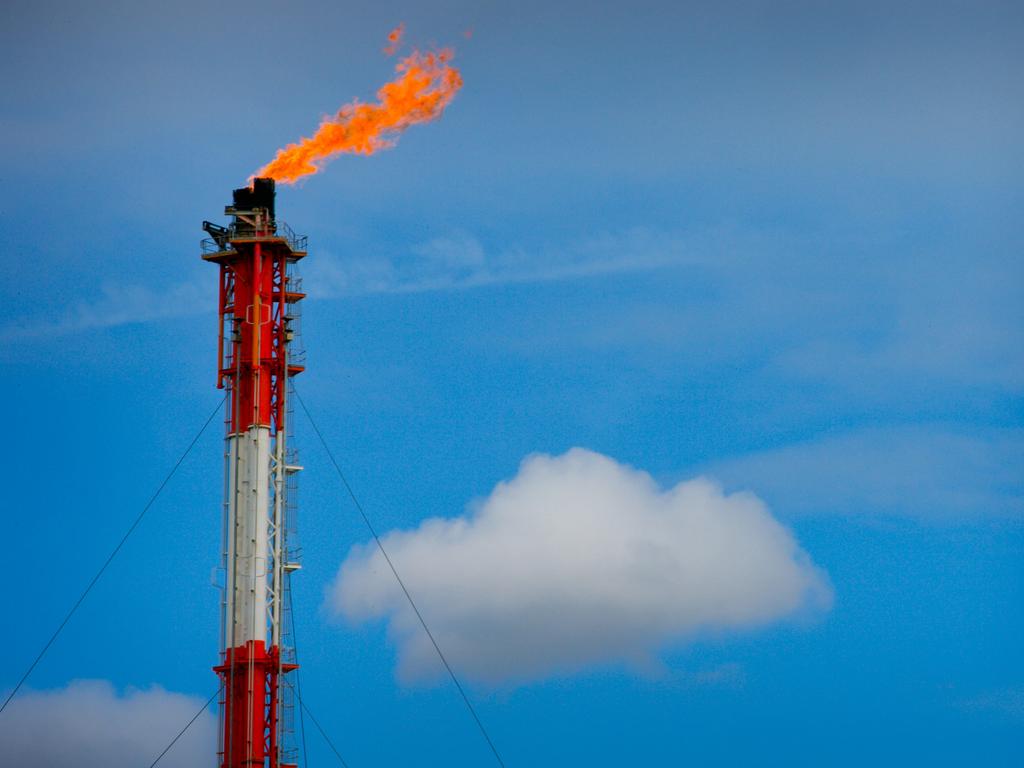
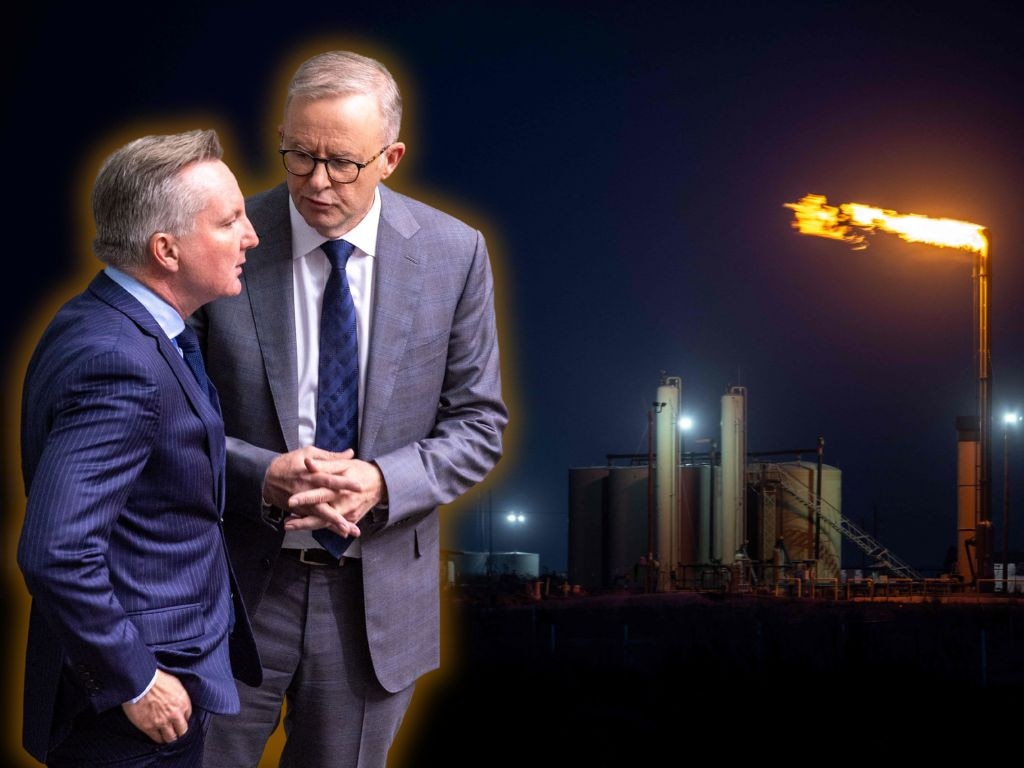


There is a certain irony that gas is being left out in the cold in the proposed rules governing sustainable investment under the draft framework being proposed by Treasury and championed by Treasurer Jim Chalmers. Gas is on the phase-down/phase-out list.